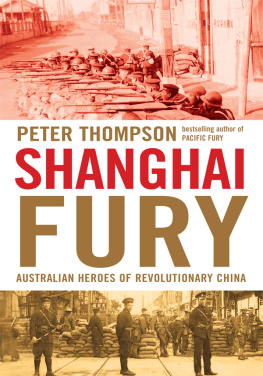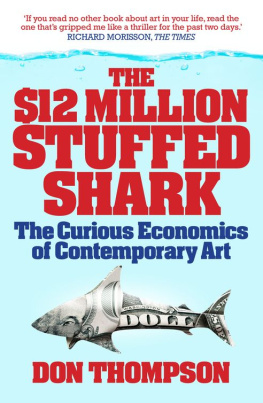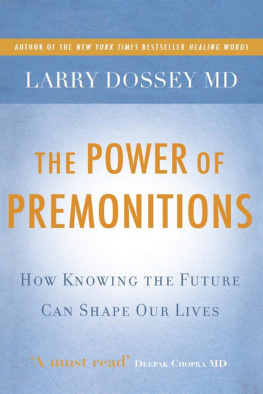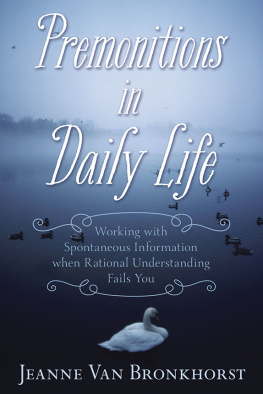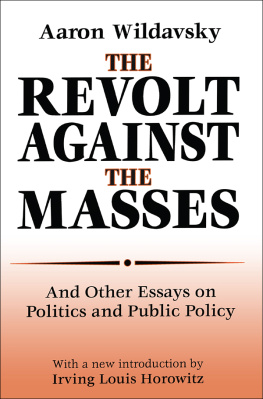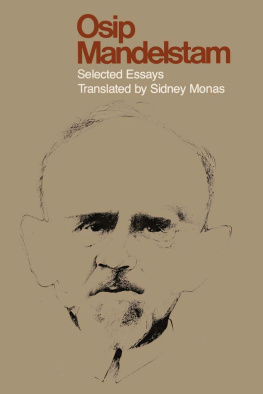who saw it bef ore I did.
ho w to push.
Introduction
All memory is melancholy
all premonition joyful.
Novalis
In October of 2005, I found myself staring out a window from my spot on the couch in my therapists office. Like a cramped warren on the main floor of a moldering university building, the practice where she worked was geared toward helping students reorient to the problems they confronted so that they might not lose sight of their schoolwork. It was a three-session stunt in cognitive therapy, and the whole scene would have made Frederick Taylor smile. Well, I thought, at least it was freeand thats how I ended up on the corduroy couch. To be sure, I had reservations about the model, and I made them clear upon intake. It must have been on a lark that they agreed to work with me, and that my therapist agreed to unlimited sessions. After ensuring that some red flags could be lowered (yes, I did check the box on the intake form that says I think about death; no, Im not currently in danger of killing myself), I tried to make the be st of it.
I wanted the sessions because I needed help coming to terms with the worlds incommensurability. I hated that everything could seem fine, objectively, but that at the same time it could feel so terribly wrong. I hated the estrangement I felt from those closest to memy friends, my colleagues, and even my comrades. And I hated that I didnt know how to win. Like the soaring chorus of some misguided emo anthem, the depth of my estrangement had become clear to me with the conclusion of an intimate relationship. But while I missed the connection Id once shared with my lover, I realized thateven when things seemed goodthe gulf separating each of us remained imm easurable.
My therapist kept asking me how this made me feel. She wanted me to emote, I think, because she found my verbal description of the feelings to be far too mediated, far too cerebral. True to my disposition (and wary of anything that smacked of Robert Bly), I questioned the premise that a feeling described in words was inevitably less acute than one allowed unmediated, guttural expression. Still, I liked the idea that there could be a perfect correspondence between feeling and action, Being and doing. I kept going back, but wed reached an impasse. Im perplexed, she said. From the standpoint of cognitive behavior, you seem perfectly well-adjusted. I cringed. I think thats the problem.
It became clear to me that I didnt want to be at peace with or reconciled to a reality that debased us all. Either I had to be undone or the world did. So it was that, with little confidence in my capacity to force an accord between infinite desire and petrified Being, I opted for self-dissolution. I was therefore not surprised when, wanting badly to find that point without mediation (and feeling painfully bored by my therapists limp probing), I finally snapped: I dont think this is going to work unless you traumatize me! She blanched, stared. Slowly, composing herself, she became an angel of compassion: maybe we should develop a rappo rt first.
I didnt make it to my next appointment, though I didnt cancel it either. My therapists words had become a sliver in my brain. Up until that point, my orientation to problems on the radical Left had been largely analytic. I imagined that reason alone could change the course of a debate, and that comradesby definitionwere those who would be compelled to abandon false premises as soon as they were pointed out. And though my experience in actual movement-based discussions should have led me to view this presupposition with skepticism, it was one to which I clung as though my life depended on it. Only slowly did it dawn on me: my therapists insistence on rapport did not have to be antithetical to the trauma (to the encounter with shocking realization) for which I longed; instead, it was a pathwaya plausible strategic means of achieving it. Could the same be true in radical scene s as well?
* * *
Over the decade thats elapsed since I left that corduroy couch to molder on its own, my engagement in radical politics has alerted me to a series of problems pertaining to what Ive come to understand as the culture of revolt. Through my engagement with radical coalitions, my participation in street actions, and especially through my editorial responsibilities at Upping the Anti: A Journal of Theory and Action , I became unsettled by the regularity with which these problems found expression. But it was not solely their persistence that alarmed me. What, I wondered, was I to make of the fact that these problems tended not to register as such? Indeed, their apparent self-evidence seemed to suggest that they constituted what Raymond Williams would have called a structure of feelinga tightly bound but barely conscious set of principles enlisted to make an obdurate worl d pliant.




